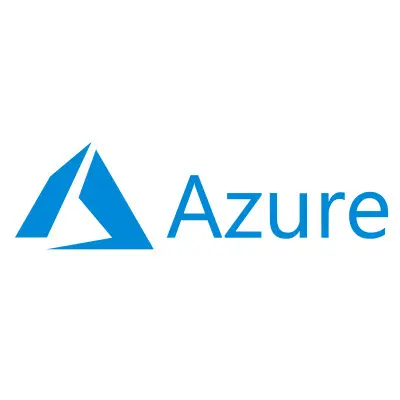
Anaconda Collaborates with Microsoft to Enable Seamless Open-Source Innovation for Customers
AUSTIN, Texas, Oct. 21 2021 — Today, Anaconda, Inc. announced a collaboration with Microsoft to enable customers to confidently access Anaconda’s curated library of open-source packages within Microsoft Cloud-hosted products and services, including Azure services like Azure Machine Learning, as well as GitHub services such as GitHub Codespaces and GitHub Actions, without the requirement of a separate license1.
“We are committed to making it easy to use Anaconda everywhere and that includes inside Microsoft’s cloud,” said Peter Wang, CEO and co-founder of Anaconda. “By combining Anaconda’s package dependency manager and curated open-source repository with Microsoft’s cloud products, data scientists and developers can use tools they know and trust with the peace of mind that they do not have to worry about additional licensing.”
Organizations that capitalize on the innovation from thousands of makers and contributors in the open-source community have a competitive advantage and are able to accelerate projects that would typically take years. This collaboration expands the availability of key open-source data science tools across platforms and sets enterprises up for greater success by making it simpler for users to focus on end results.
“Open-source packages have been the biggest enabler for data science we’ve seen in recent years,” said Mark Russinovich, chief technology officer and technical fellow, Microsoft Azure. “Being able to offer a set of trusted tools from Anaconda will empower our customers through every stage of the data science journey on Microsoft Azure.”
In addition, Anaconda supports establishing an industry-standard software bill of materials (SBOM) format to enable complete visibility and accurate identification of software components. As part of this collaboration, Anaconda has committed to providing Microsoft with a standard SBOM, using Software Package Data Exchange (SPDX®) specifications, which will allow Microsoft to verify the components, licensing, and provenance of open-source packages and libraries in the Anaconda repository.
Together, the two partners are looking forward to bringing open-source innovation to the enterprise while helping ensure a seamless experience for data scientists and developers to do their work. You can learn more about what this collaboration means for existing Microsoft customers here.
About Anaconda
With more than 25 million users, Anaconda is the world’s most popular data science platform and the foundation of modern machine learning. We pioneered the use of Python for data science, champion its vibrant community, and continue to steward open-source projects that make tomorrow’s innovations possible. Our enterprise-grade solutions enable corporate, research, and academic institutions around the world to harness the power of open-source for competitive advantage, groundbreaking research, and a better world.
Contact:
Hannah Sills
[email protected]
Microsoft and Azure are trademarks of the Microsoft group of companies.
[1] Microsoft is licensed to include packages from Anaconda and make these available to our customers. Pre-installed packages that are embedded in our products and services that you license from us may be used under the terms of the applicable Microsoft license agreement or terms of service.
Additionally, Microsoft cloud-hosted products and services with a preinstalled copy of Conda can be used by customers to access additional packages from Anaconda’s repository (https://repo.anaconda.com/). This access is under the Anaconda Terms of Service located at: https://www.anaconda.com/terms-of-service, except that Microsoft cloud customers may use the Anaconda packages for commercial purposes on Azure without obtaining a separate paid license from Anaconda. The packages are only for use as part of our services, and do not entitle you to download them to your own infrastructure or to use Anaconda’s trademarks. Packages may have their own licenses provided by the package authors.